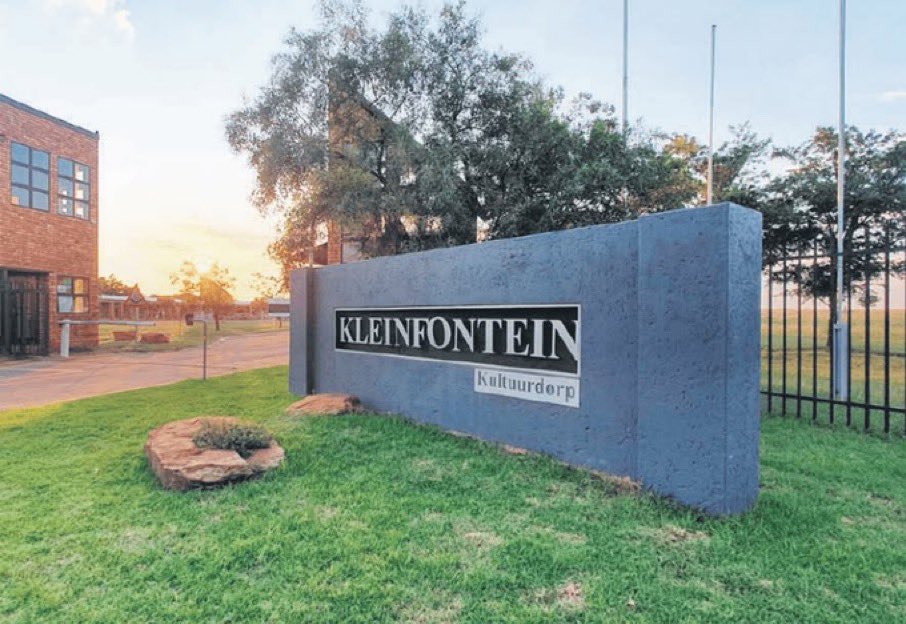The City of Tshwane is poised at a critical juncture, grappling with the leadership of Kleinfontein, a controversial whites-only settlement located in Pretoria. In a stark warning, officials have indicated that the ongoing stand-off could result in the township facing demolition if the current impasse persists.At a recent handover of title deeds in Extension 10, Soshanguve, Mayoral Committee Member for Human Settlement, Aaron Maluleke, expressed dissatisfaction with negotiations, noting the significant challenges posed by the Afrikaner-only enclave that has escalated the matter to the courts.
“While we can engage with illegally established townships like Plastic View, it has been almost impossible to dialogue with the leaders of Kleinfontein,” he remarked.Maluleke assured the public that the municipality is committed to finding a resolution that avoids demolition.
However, he acknowledged the potential for this drastic measure as the municipality deals with the illegality of approximately 600 dwellings erected without appropriate building plans or land rezoning. “We have established the Sub-Mayoral Committee on Illegal Townships to initiate discussions with landowners and residents to understand property ownership and finances in these illegal settlements,” he detailed.
The MMC highlighted the financial repercussions of Kleinfontein’s non-compliance, lamenting the loss of revenue in the form of rates and taxes, which the city is entitled to collect. “We are taking legal action to enforce compliance. A court order may compel them to acknowledge their obligations to apply for necessary permits and pay due taxes,” Maluleke explained.
Failure to comply, he added, could lead to demolition under the law.Maluleke was unabashed in his criticism of the former Democratic Alliance (DA) coalition, which had governed the city for eight years prior to the ANC-led coalition’s rise to power last month. He accused the previous administration of complicity in Kleinfontein’s establishment, suggesting they turned a blind eye to illegal construction and avoided enforcing necessary tax collections. “There were individuals within the former leadership who supported the illegal activities in Kleinfontein. Our mandate is to enforce the law and ensure compliance,” he stated.
As tensions mount, Kleinfontein’s leaders, backed by the DA, the Freedom Front Plus, and Afriforum, are expected to challenge the city’s actions vigorously, potentially taking their case to the Constitutional Court. The outcome of this conflict could set a significant precedent regarding illegal settlements across South Africa. Maluleke’s unequivocal stance is that congregations like Kleinfontein must conform to existing laws or face the consequences of demolition.
This looming showdown encapsulates profound complexities at the intersection of law, race, and community in South Africa and highlights the balancing act the City of Tshwane must navigate as it seeks to retain order amidst discontent.



